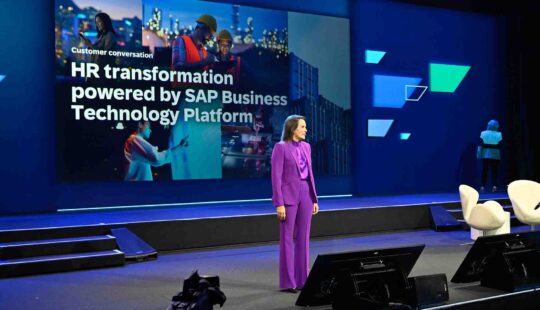The economy is currently in unprecedented upheaval, demanding an innovative approach to recruiting. Companies in sectors like healthcare and food retail are staffing up and onboarding faster than ever because of historic spikes in demand.
The talent pool in some sectors is suddenly larger than it has been in decades, putting a strain on organizations that have to sift through more candidates to find the right match.
With multiple timelines dictating when businesses and offices can reopen, companies face further uncertainties. Whether they need to recruit at greater scale or with greater speed, a new set of tools is needed to replace or augment those put in place before the pandemic. This situation has led to crucial new questions for human resources (HR) leaders rethinking recruiting:
- How can we make sure we have the right people in the most critical roles to sustain and survive?
- How can we be most efficient and effective in recruiting operations?
- How do we quickly and effectively mass hire in response to accelerated demand?
Recruiter Efficiency Amid Uncertainty
To adapt to the new normal, companies must shed old attitudes and approaches and adopt new ones, supported by technology.
- Stay connected, be compassionate: Companies have new tools that can help them be responsible and compassionate at the same time. Censia, an SAP endorsed app that maintains a global database of 500 million professionals, is offering companies the opportunity to connect to talent who have recently entered the job market. Learn more about the free program, ReadyToHire. Eightfold, an SAP endorsed app, is also linking organizations to job seekers. Its Talent Exchange is currently available for a six-month free trial and matches laid-off and furloughed workers with available jobs.
- Design a recruiting strategy that works in a wide variety of situations: One of the biggest changes affecting many different types of organizations is that much of the work has moved online. Providing a positive virtual experience for job candidates can be challenging; it requires companies to have a system in place that not only allows for remote interviews, but also virtual document signing that is both convenient and compliant. Without these capabilities, any virtual recruiting approach is likely to exclude candidates — at a cost of sufficient numbers, skills, or diversity in the workforce.
- Prepare for increased volume and speed: To adapt to a loosened labor market, companies need the capacity to choose from a surplus of candidates. Companies in hitherto stable businesses may suddenly need to think like startups on the cusp of rapidly upscaling. Where possible, automation should be implemented to replace manual processes. Automated systems can help recruiters achieve greater visibility into the status of all applicants or be able to make uniform and fair comparisons between a large population of potentially qualified candidates.
As the prospects for recovery shift by region, sector and season, HR professionals will constantly need to realign their resources in ways that will be impossible to forecast.
Learn more about solutions that can help drive recruiting efficiency.



